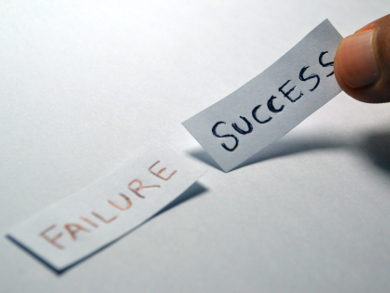Inorganic-organic hybrid compounds have been studied for decades, but their formation is still not fully understood. New compounds are discovered primarily by exploratory syntheses.
Alexander Norquist, Haverford College, PA, USA, and colleagues developed a rational synthesis approach using machine learning algorithms and reaction outcome data archived in lab notebooks from their research group. They focused on failed hydrothermal syntheses for organovanadium selenides.
The machine learning model combined physicochemical property information and the raw lab data to predict the outcomes for syntheses involving 34 previously untested commercial organic diamine building blocks. These were structurally similar to the organic reactants in the training set of syntheses.
Reactions recommended by the model had a success rate of 89 %, compared to a 78 % success rate for experienced human chemists. The model’s success rate did not depend on the structural similarity of the new amines to the known amines. Instead, the machine learning approach provided hypotheses for the chemical principles governing the reaction outcomes. The researchers see this as an important step toward the rational synthesis of inorganic-organic hybrid compounds.
- Machine-learning-assisted materials discovery using failed experiments,
Paul Raccuglia, Katherine C. Elbert, Philip D. F. Adler, Casey Falk, Malia B. Wenny, Aurelio Mollo, Matthias Zeller, Sorelle A. Friedler, Joshua Schrier, Alexander J. Norquist,
Nature 2016.
DOI: 10.1038/nature17439




